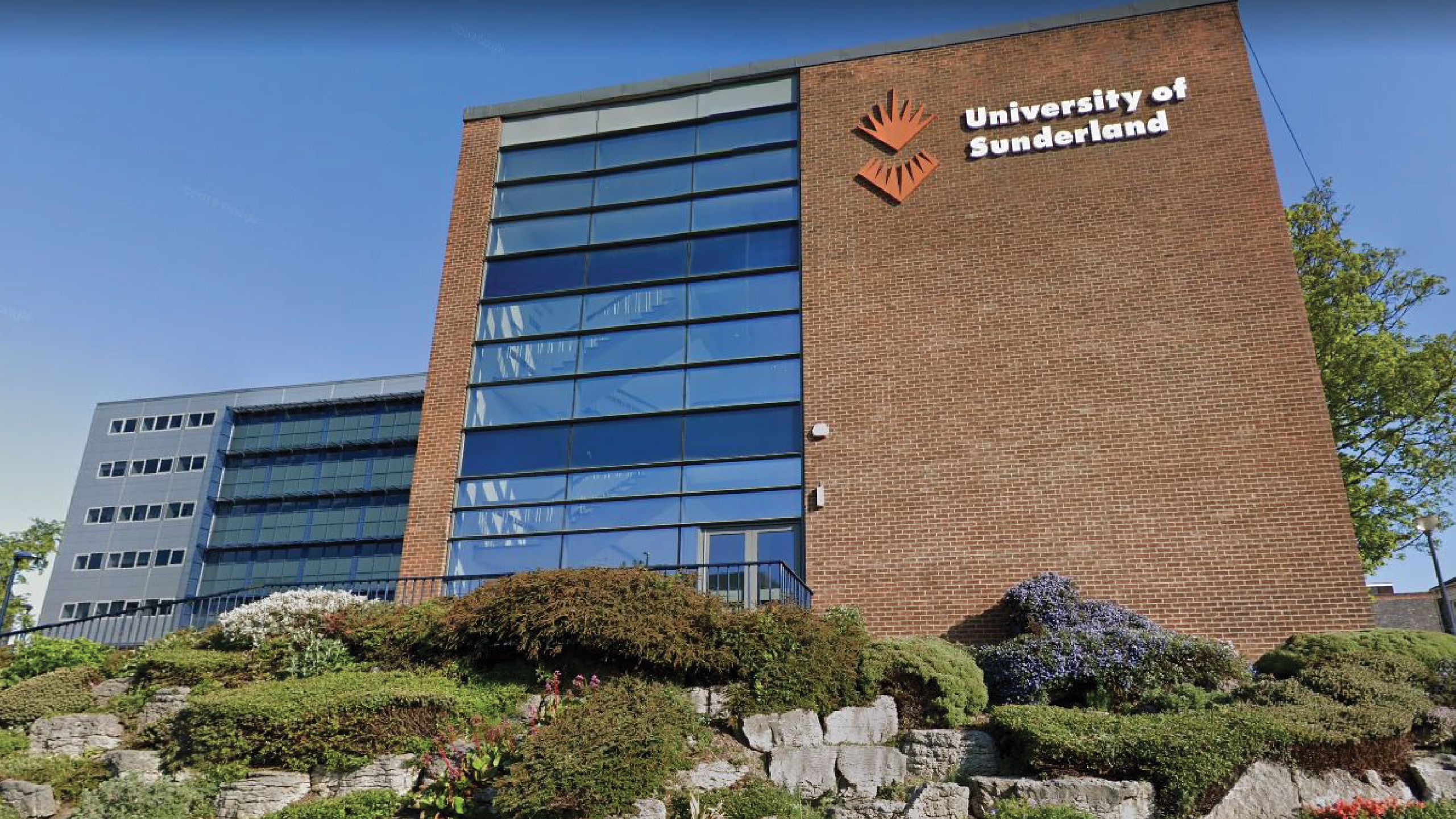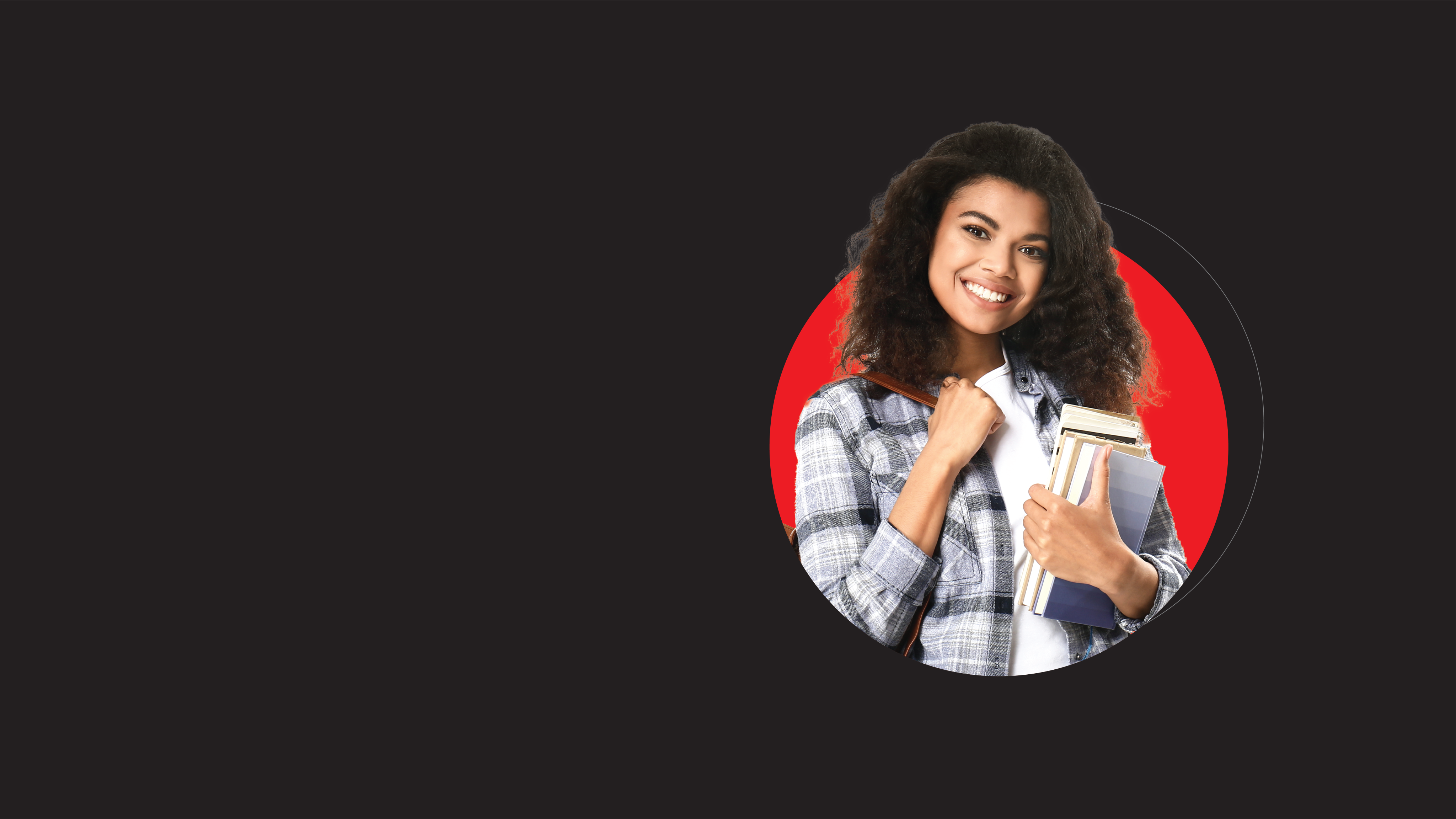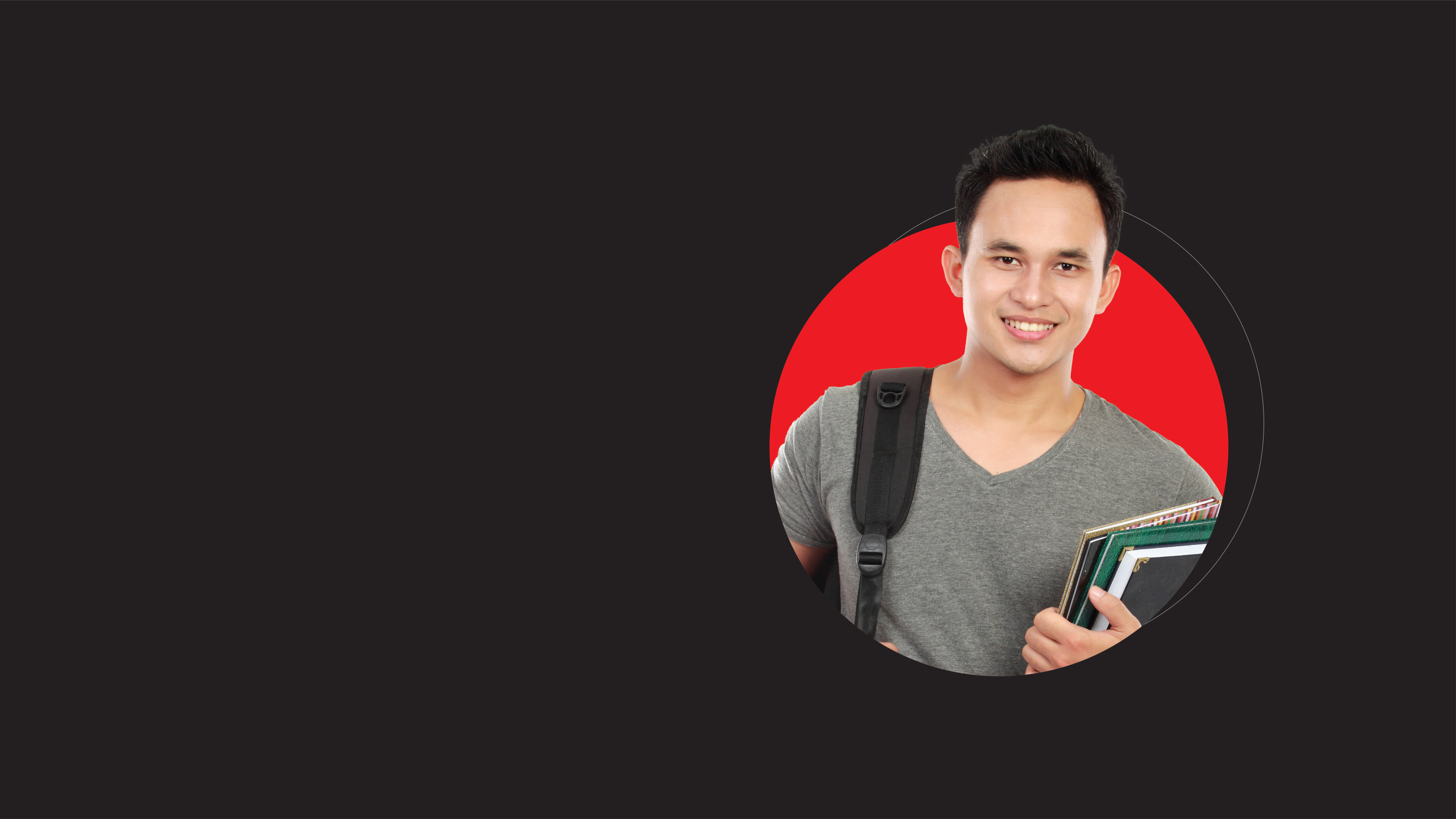BA (Hons) Media, Culture & Communication
University of Sunderland

Here's the BIG Picture
Have you always wondered just what happens behind the scenes before you get the news, experience an event, read an article or see a post on social media?
This course explores and explains the diverse patterns of media and gives you a comprehensive understanding of media power, media use, and the increasing significance of media in contemporary culture and society.
You will engage with a mix of critical approaches: cultural studies, communication studies, film studies and media studies. You'll also study a wide range of related topics including everyday life, popular culture, digital media cultures, cultural representation, and gender and ethnic identities.
With this Course, You Will:
- Be exposed to a broad spectrum of areas within the Media, Culture and Communications industry
- Have the flexibility to specialise in Public Relations, Journalism, or Broadcasting & Digital Media
- Get a prestigious British degree at a fraction of the cost
- Be exposed to project-based learning with practical assessments, with 100% coursework driven
- Be given practical work-based learning
Why choose University of Sunderland?
The life-changing University of Sunderland is committed to widening participation with their world-leading research, public and private sector collaborations and track-record for providing quality student experiences that result in graduates who are the tomorrow-makers of societies and economies. The University was also shortlisted for University of the Year for 2021, the leading category in the annual THE – Times Higher Education – awards. They were recently named University of the Year for Social Inclusion (The Times and Sunday Times Good University Guide 2021).

How Do I Get In?
- IACT College Foundation in Media Studies – minimum CGPA 2.0
- IACT Diplomas – minimum CGPA 2.0
- A-Level – minimum of grade D in 2 subjects
- STPM – minimum of grade C in 2 subjects and an average CGPA of 2.0
- UEC – minimum of grade B in 5 subjects
- SAM, AUSMAT or CPU – 5 subjects with a minimum score of 50%
- Matriculation or Foundation – minimum CGPA of 2.0
- Other qualifications recognized by the Ministry of Education Malaysia
English Language Proficiency
- SPM 1119 (GCE-O) – C
- IELTS – Band 6.0 with a minimum of 5.5 for each component
COURSE MODULES
Year 1
- Introduction to Media and Cultural Studies
- Media Histories
- The Making of Popular Culture
- Introduction to Digital Media Culture
Year 2
- Media Studies 1
- Academic Research Skills
- Cultural Theory and Popular Culture 1
- Digital Image Making
- Motion Graphics 1
- Researching Media in Everyday Lives
Year 3
- Media Studies 2
- Cultural theory and Popular Culture (2)
- Dissertation and research Methods A
- Dissertation and research Methods B
- In-company Training
Elective Modules*
Year 1
Public Relations
- Introduction to PR Theory and Practice (1)
- Introduction to PR Theory and Practice (2)
Journalism
- Essential Journalism
- Introduction to Media Photography
Broadcasting and Digital Media
- Introduction to Video Production
- Introduction to Screenwriting
Year 2
Public Relations
- Marketing, Advertising and PR Communications
- Practical PR, Strategy and Theory
Journalism
- Magazine writing 1
- News Journalism 1
Broadcasting and Digital Media
- Scriptwriting
- Video Documentary Production
Year 3
Public Relations
- Advanced PR
- PR for Non-Commercial Organisations
Journalism
- Arts, Entertainment and Games Journalism
- Multiplatform News
Broadcasting and Digital Media
- Video Production 2
- Screenwriting for TV and Film 2
*Subject to availability
MPU Modules
- Appreciation of Ethics and Civilisation (Malaysian students) / Malay Communication 2 (International students)
- Philosophy and Current Issues
- Integrity and Anti-Corruption / New Venture Creation
- Community Service
- National Language A (only for students without credit in SPM BM)
TUITION FEES
|
MALAYSIAN STUDENTS |
||
|---|---|---|
|
Year 1 |
Year 2 |
Year 3 |
|
Resource Fee: RM1,000 per year |
||
|
INTERNATIONAL STUDENTS |
||
|
Year 1 |
Year 2 |
Year 3 |
|
Resource Fee: RM1,000 per year |
||
You might also like these Courses.
Bachelor of Communication (Hons)
Branding & Digital Marketing, Veritas University College
Digital marketing is fast becoming one of the most important skills demanded by employers, as more businesses are being run online. From viral videos and personalised web content to social media influencers promoting their favourite products, you've seen and shared the work of digital marketers and branding experts.






